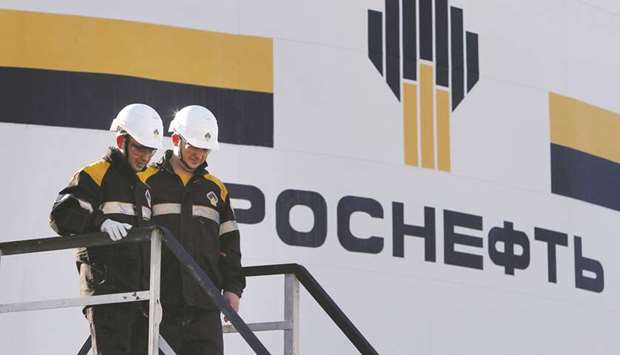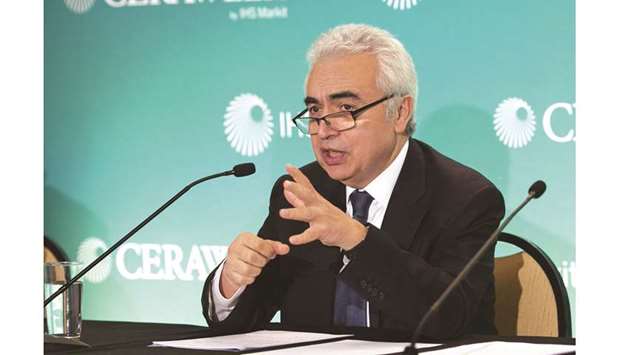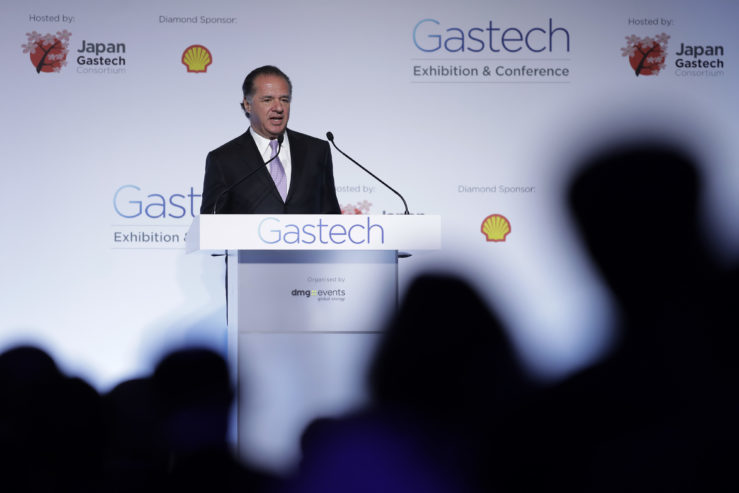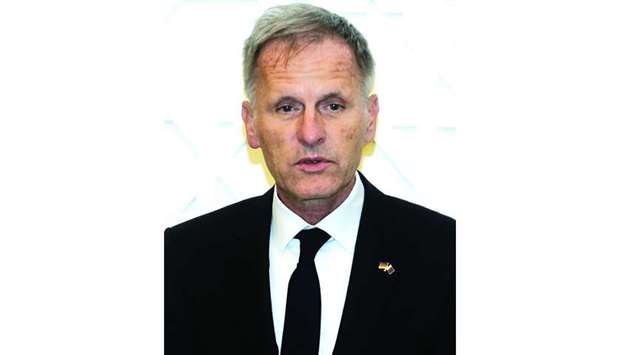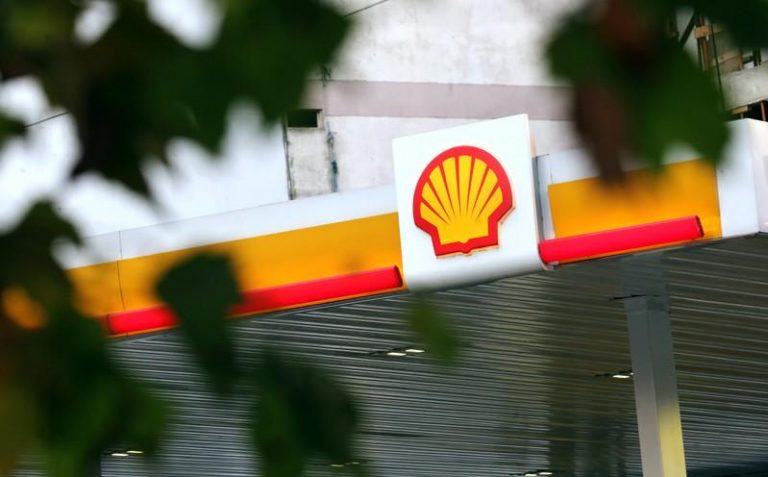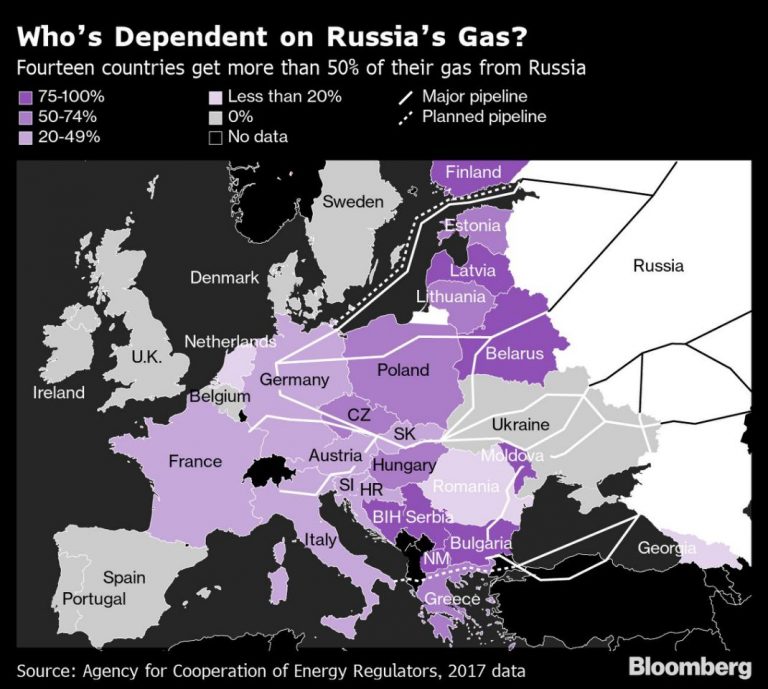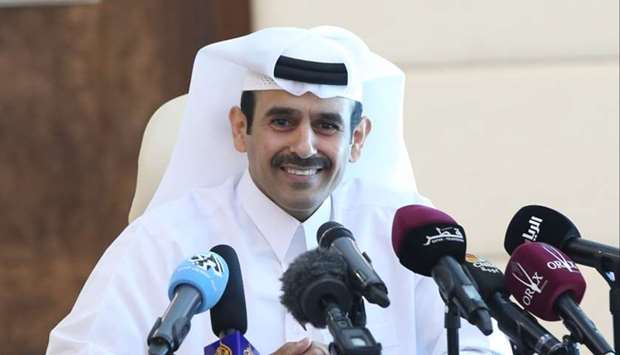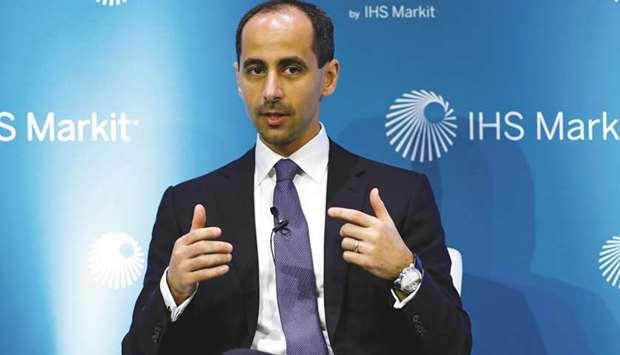Spikes in LNG shipping costs highlight need for hedging tools

A rally in the cost of chartering liquefied natural gas vessels on the spot market has highlighted the lack of tools available to traders to hedge against volatility.
The market for the fastest-growing fossil fuel is expanding quickly, with cargoes changing hands in increasingly short-term deals the way the crude oil trade matured two to three decades ago. But while physical trading is expanding rapidly, the paper market with derivatives and other financial instruments has lagged. That has made it difficult to hedge and offset potential losses both for the cargoes themselves and the freight cost of the ships that carry them.
The issue has come into high relief in the last week as the price to charter a tanker in the Pacific Ocean for December jumped more than 20% in the week to Tuesday, according to Spark Commodities Pte Ltd, which takes assessments from five LNG shipbrokers. That’s drawing attention to work to develop hedging tools, with Spark focusing on a paper market for vessels known as a forward freight agreement.
“The increased volatility continues to highlight the need for an LNG FFA to allow market players to manage freight exposure,” said Tim Mendelssohn, managing director of Spark, a venture between European Energy Exchange AG and cargo tracker Kpler. “We are attempting to provide a solution to a major challenge facing the industry and drive liquidity as LNG develops.”
The move by Spark would align the cost of existing deals with liquid cargo-related financial products. The forward freight costs for December, at $145,250 a day on Tuesday, threaten to reduce the potential profit of keeping a multimillion-dollar cargo on a boat to benefit from higher forward LNG prices.
The same is true for the LNG cargoes the ships are carrying. Of the almost 200mn tonnes of LNG traded in the last year, about a third was in the form of derivatives on the Japan Korea Marker, an industry benchmark, Pablo Galante Escobar, head of LNG at Vitol SA, said at the Oil & Money conference last week. Much more was hedged on liquid European gas hubs, he said.
“You can trade in a liquid way, but of course it is still developing,” he said.
Developing the paper market is one of the key steps needed to make LNG a fully tradable commodity, according to Galante Escobar. Despite massive growth since 2016, JKM trading draws about 25% of annual production of the super-chilled fuel.
That is in sharp contrast to crude oil, where physical trading has become just 5% of the total market. Deeper paper markets bring in speculators and provide liquidity, giving producers and consumers greater confidence they can shift their physical cargoes when needed.
Other commodities have “far more paper market than physical market,” Patrick Dugas, vice president for LNG trading at Total SA, said at the LNGgc conference in London last week. The so-called churn rate for the JKM market is near one, while the ratio needs to be closer to 10, he said.

